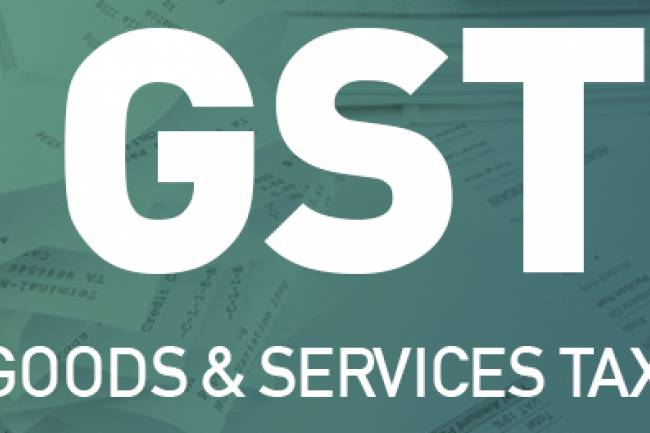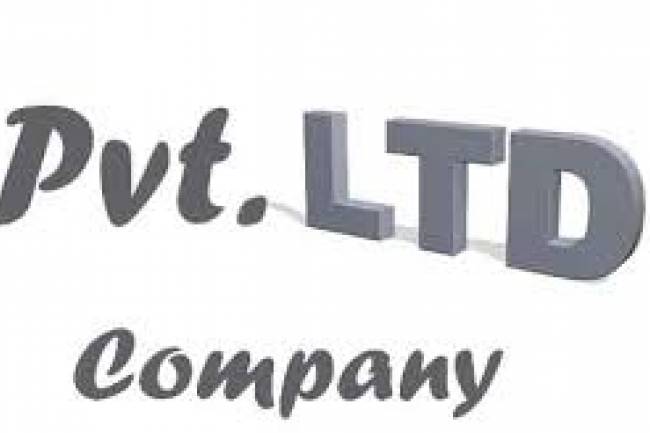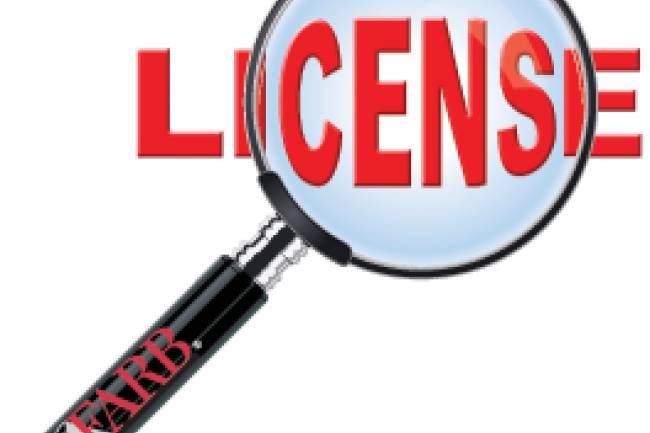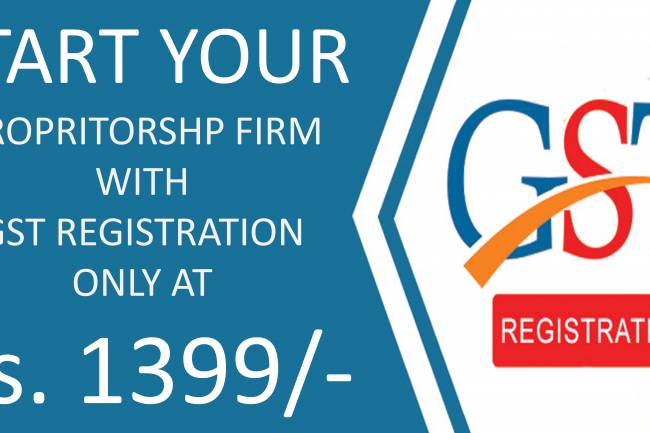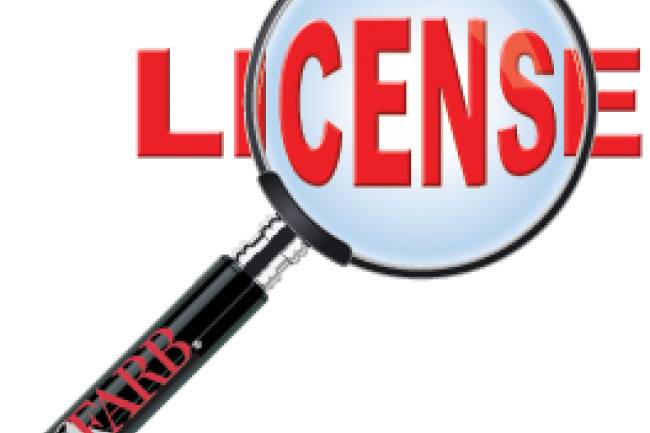
Compliance Requirements Under Companies Act
India is one of the biggest economies on the planet today, yet numerous new organizations still gripe, and effectively, of the high intricacy of maintaining a business here. When contrasted with numerous other vast economies, consistence prerequisites of independent ventures are broad and dull. In this article, we'll take a gander at what these compliances are, principally focussing on the Companies Act.
Consistence Requirements under the Companies Act
Organizations consolidated in India are fundamentally managed by the as of late instituted Companies Act, 2013. The Companies Act, 2013, among different arrangements, determines different arrangements concerning capability, arrangement, compensation expulsion, retirement of chiefs, directing board and investors gatherings, going of resolutions, related gathering exchanges, the upkeep of books of records and the readiness and introduction of yearly records (matters to be accounted for upon in the yearly reports of the organizations), periodical documenting of structures with the Registrar of Companies, and so forth.
When all conventions required lawfully for the joining are finished with, and a testament of the same is issued, the organization is perceived as a lawful element, particular from its individuals who have consolidated such substance. Regardless of whether the organization is a private or an open organization, there are sure things that should be done post the consolidation.
A large portion of these are matters (perused about them in detail here), which are to be dealt with in the primary executive meeting directly after the consolidation, which would manage customary and intermittent work.
First of all, when the fuse is done, inside 30 days one of the executives of the organization must issue the notice for the main ever executive meeting, very nearly seven days before the last being slated for.
The organization should likewise have the name board outside the enrolled office address, with its name, enlisted office address, Company Identification Number, email ID, and telephone number (which are compulsory now), site address and fax number, assuming any, expressed on it. All the previously mentioned subtle elements are additionally to be imprinted on the business letters, charge heads and all other authority records and distributions experiencing the organization.
One should likewise ensure the organization has a PAN and TAN not long after the joining. Without these, you would not have the capacity to try and open a ledger. The organization is additionally at risk to gather consistent executive gatherings all through the schedule years and furthermore ensure that minutes of the meeting are set up in a perpetual document or envelope till the organization exists.
These minutes must be set up inside 30 days of the meeting. The organization likewise needs to issue share endorsements to every one of the individuals who have been given stakes, and all insights in regards to the same must be specified and kept up in the distribution enlist. The organization is additionally to document and keep up its monetary record, a benefit and misfortune account, an examiner's report, and yearly restore each budgetary year before the due date, with the Registrar of Companies.
Other than the previously mentioned non-debatable terms and conditions, there will likewise be sure occurrences when the organization should hint the recorder of organizations. These circumstances may incorporate arrangements of chiefs, evacuation and certain different changes in the recommended way.
The New Companies Act has additionally presented the CSR (Corporate Social Responsibility) arrangements. Presently, under CSR organizations are committed to go up against certain magnanimous exercises. All organizations that hold fast to the CSR criteria need to embrace these exercises in the money related year.
The above consistence necessities just apply to the Companies Act, 2013. There are further enrollments required, contingent upon turnover and business sort, for example, benefit assessment, VAT and Profession Tax. It is appropriate to take note of that the obligation of a firm to agree to standards and controls isn't a one-time thing, yet is a constant issue.
Prerequisites under the Labor and Employment Legislation
Organizations running creation lines as well as plants will likewise need to conform to different statutes like the Employees' State Insurance Act, 1948; the Maternity Benefits Act, 1961; the Industrial Disputes Act, 1948; The Contract Labor (Regulation and Abolition) Act, 1970; the Trade Union Act, 1926; the Equal Remuneration Act, 1976; the Payment of Gratuity Act, 1972; the Workmen's Compensation Act, 1923' the Employees' Provident Funds and Miscellaneous Provisions Act, 1952, and so forth.
The previously mentioned Acts represent issues, for example, working time and states of work of specialists, least wages and compensation, rights and commitments of the exchange unions, protection of the representatives, maternity benefits, business conservation, installment of tip/provident store, installment of extra, controls of the agreement work and other such issues that may emerge for the workers.
It is the organization's obligation to ensure that appropriate compliances of these different statutes are clung to and all approaches are detailed and executed in like manner.
Necessities under Environmental Law
Natural and contamination control matters are represented by different statutes, for example, the Environment (Protection) Act, 1986; the Water (Prevention and Control of Pollution) Act, 1974; the Air (Prevention and Control of Pollution) Act, 1981; Hazardous Wastes (Management, Handling and Trans limit Movement) Rules, 2008; the Manufacture, Storage and Import of Hazardous Chemicals Rules, 1989; the Indian Forest Act, 1927; the Forest (Conservation) Act, 1980; the National Environment Tribunal Act, 1995; the Public Liability Insurance Act, 1991, and so forth. A legitimate element is at risk to agree to arrangements as specified above as for the business operations of the concerned organization. There are repercussions of an organization not following the standards as said in any of the above Acts, and the same are specified according to necessity in each.
Assessment and stamp obligation
India has a government assess structure and the charges are collected by the inside, state and different other nearby administrative authorities. These charges are extensively in the idea of (I) Direct Tax (which incorporates salary impose, riches assess, profit conveyance charge, least substitute expense (MAT), share purchase back expense), (ii) Indirect Tax (which incorporates VAT/CST, Service Tax, Excise Duty, Customs Duty, Entry Tax, R&D Cess), and (iii) Levies on exchange (which incorporates stamp obligation, securities exchange expense, and ware exchange assess).
All organizations enrolled in India are to appropriately pay their expenses and stamp obligation for the business exchanges that happen amid the monetary year. Non-installment of the same pulls in a punishment, and may likewise include appropriating of archives identified with the business.
Visit HireCA.com Now




